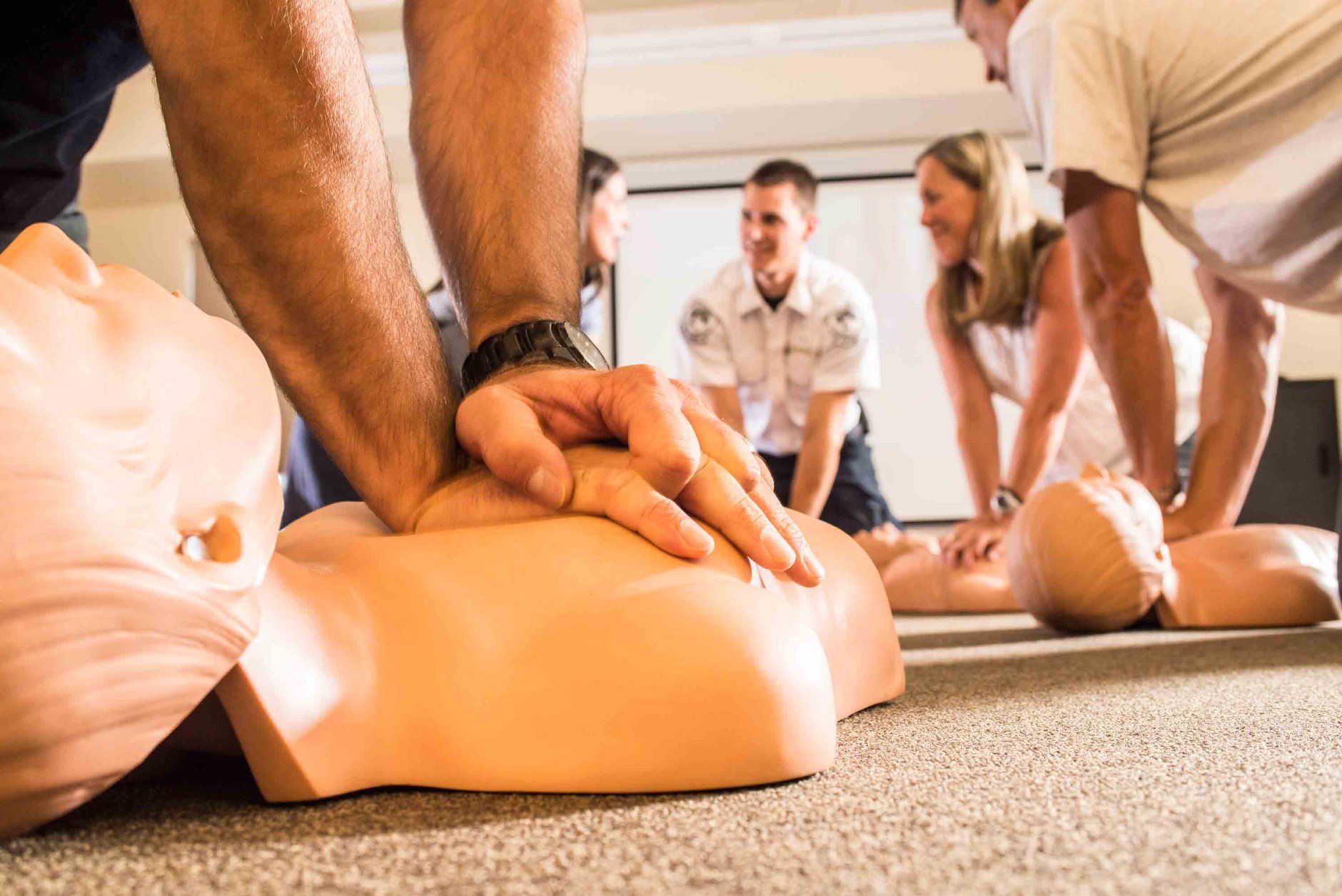
How Bls Courses Prepare You for Emergency Situations
In the face of an emergency, seconds can mean the difference between life and death. Basic Life Support (BLS) courses equip individuals with the essential skills needed to act swiftly and effectively in such critical situations. Whether you are a healthcare professional seeking BLS recertification or a concerned citizen eager to make a difference, understanding the importance of BLS training is paramount.
Why BLS Matters
The Vital Role of BLS
BLS courses improve survival rates during cardiac arrest and other life-threatening emergencies. Cardiopulmonary resuscitation (CPR) is one of the fundamental skills taught in these courses, enabling individuals to maintain blood circulation and provide oxygen to the brain until professional help arrives. The significance of BLS extends far beyond medical professionals, as anyone can be a potential first responder in an emergency.

The BLS Curriculum
Comprehensive Training
BLS courses typically cover a range of life-saving techniques, ensuring that students are well-prepared to handle various emergencies. Here are some of the key components:
CPR for Adults and Children: BLS courses teach students how to perform high-quality CPR on both adults and children, including chest compressions and rescue breaths.
Automated External Defibrillator (AED) Use: Students learn how to operate an AED, a device that can analyze heart rhythms and deliver electric shocks if necessary.
Choking Relief: The course addresses how to assist someone who is choking, emphasizing the Heimlich maneuver and back blows.
Primary Assessment: BLS training includes instructions on assessing a patient's condition and making quick decisions on the necessary care.
Team Dynamics: BLS courses often focus on effective communication and teamwork, as emergencies often require coordination among responders.
BLS Recertification
BLS Training Update
BLS certification is typically valid for two years. However, given the evolving nature of medical practices and techniques, BLS recertification is crucial to ensure that individuals remain up-to-date with the latest guidelines and practices.
Advantages of BLS Recertification
Skill Refinement: BLS recertification allows individuals to refresh their skills and stay updated on any changes in BLS guidelines.
Confidence: Regular recertification instills confidence in individuals, ensuring they can perform BLS techniques effectively.
Employment Requirements: Healthcare professionals, in particular, must maintain valid BLS certifications to meet employment requirements.
Accessibility and Convenience
BLS courses are widely available, making them accessible to anyone willing to learn. You can find courses at local training centers and hospitals or even complete them online. Many organizations offer flexible scheduling, ensuring that busy individuals can find a course that suits their needs.
The Closing Note
In the face of a medical emergency, responding promptly and effectively is invaluable. BLS courses provide individuals with the skills and knowledge to save lives in critical situations. These courses offer comprehensive training that can make a difference, from performing CPR and using AEDs to addressing choking and assessing a patient's condition.
Moreover, BLS recertification ensures that individuals remain competent in their skills and stay updated with the latest guidelines. It's not just a requirement for healthcare professionals; it's a responsibility that can be shouldered by anyone interested in being a potential first responder during an emergency.
As you consider the importance of BLS courses and the potential need for recertification, remember that these skills can be a lifeline for someone in distress. By investing your time and effort in BLS training, you are not only gaining valuable knowledge but also contributing to a safer and more prepared community.
So, whether you're a healthcare professional or a concerned citizen, consider enrolling in a BLS course and stay ready to act when it matters most. Your swift response could distinguish between a saved and a lost life!